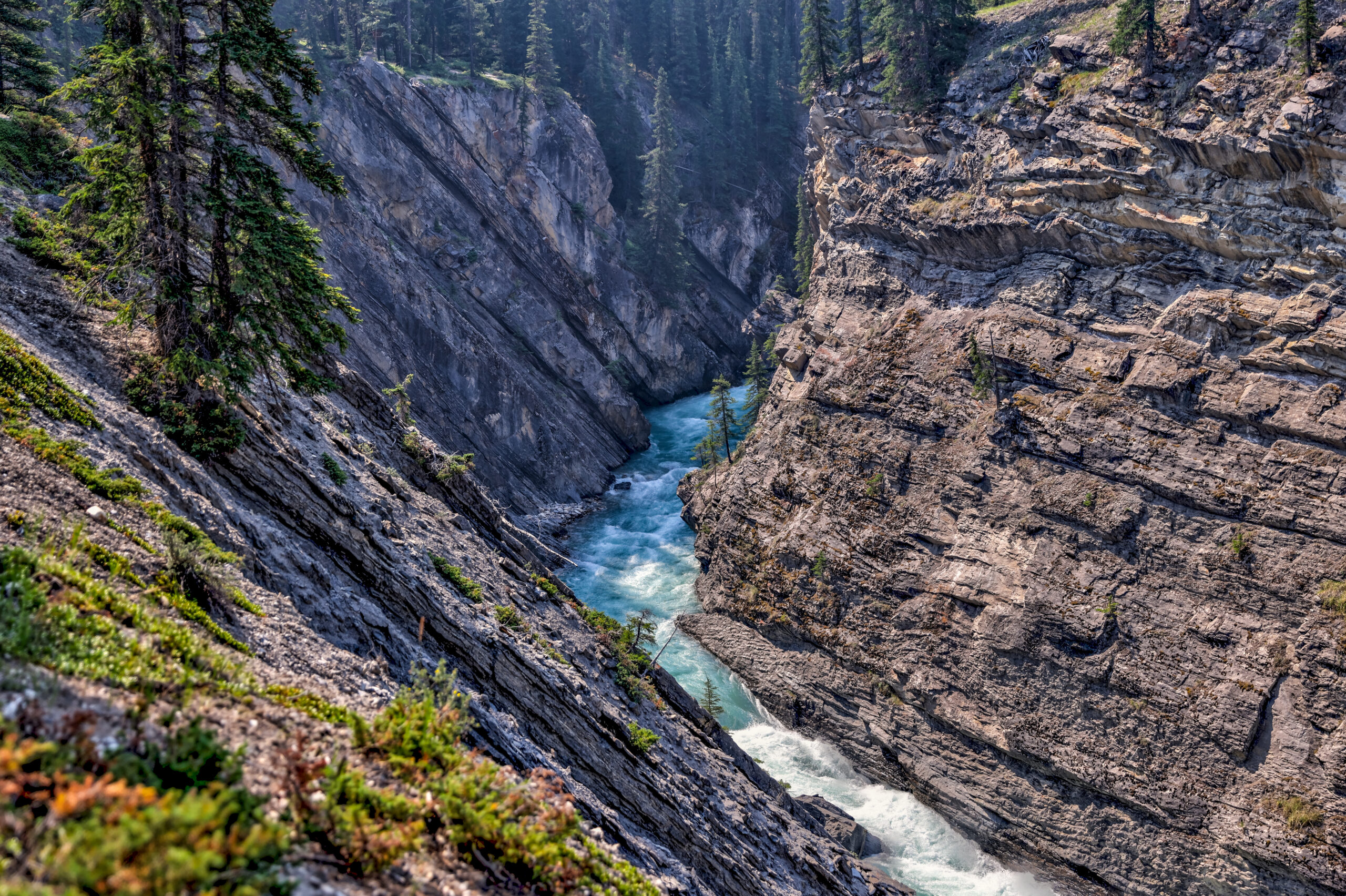AB Direct - Steers
Rail: 530.00-535.00 del
AB Direct - Heifers
Rail: 530.00-535.00 del
US Trade- Steers
Rail: 382.00-384.00 (NE, IA)
US Trade - Heifers
Rail: 382.00-384.00 (NE, IA)
Canadian Dollar
0.20

The future of water in Western Canadian agriculture
What happens when your most reliable water source melts away? That’s the urgent question at the heart of this episode of The Bovine podcast, hosted by Kara Mastel and brought to you by Alberta Beef Producers.
This week’s guest, Dr. John Pomeroy, offers a deep dive into the future of water in the Canadian Prairies — one shaped by melting glaciers, shifting snowpacks, and increasingly extreme weather.
Dr. John Pomeroy is a distinguished professor and United Nations Educational, Scientific and Cultural Organization (UNESCO) Chair in Mountain Water Sustainability at the University of Saskatchewan. He’s also Director of the Global Water Futures program — the largest university-led water research initiative in the world. His decades of research in hydrology have uncovered findings and critical insights that affect everyone from livestock producers to urban planners.
At the core of the conversation is the transformation of Western Canada’s water systems due to climate change. Snowmelt — not glacier melt — contributes around 80 per cent of streamflow in the Saskatchewan River Basin, a surprising figure that rewrites conventional understanding. With rising temperatures, snowpacks are shrinking, runoff is arriving earlier, and summers are becoming longer, hotter, and drier. This puts a serious strain on both dryland and irrigated agriculture, making water management techniques more important than ever.
Listeners will hear about practical strategies to adapt, such as snow and residue management for dryland farmers, smarter dugout storage for livestock producers, and the importance of shifting to more efficient irrigation technologies where possible. Pomeroy explains how simple techniques like tall stubble and minimal tillage can help trap previous winter snow, allowing it to infiltrate frozen soils and provide early-season moisture. Meanwhile, for irrigated areas, upgrades like pipe systems and drip irrigation could significantly reduce evaporative losses.
Beyond agriculture, this episode delves into the role of data and technology in managing water more effectively. Canada’s first national water model, built through Global Water Futures, allows researchers to forecast streamflow’s and droughts under different climate scenarios. The program has also pioneered the integration of Indigenous knowledge into water research and helped develop real-time flood forecasting systems in remote regions like the Yukon.
Yet, despite the dire forecasts and urgent tone, Pomeroy remains cautiously optimistic. Precipitation is projected to rise overall, and with smart planning and investments in storage and forecasting, southern Alberta and the Prairies can remain productive and resilient. He also highlights successful examples of collaborative science and policy, including the adoption of better flood prediction systems and international recognition of glacier preservation efforts.
Whether you’re a beef producer, policy maker, or just someone who turns on the tap every day, this episode is a powerful reminder: our relationship with water is changing.

